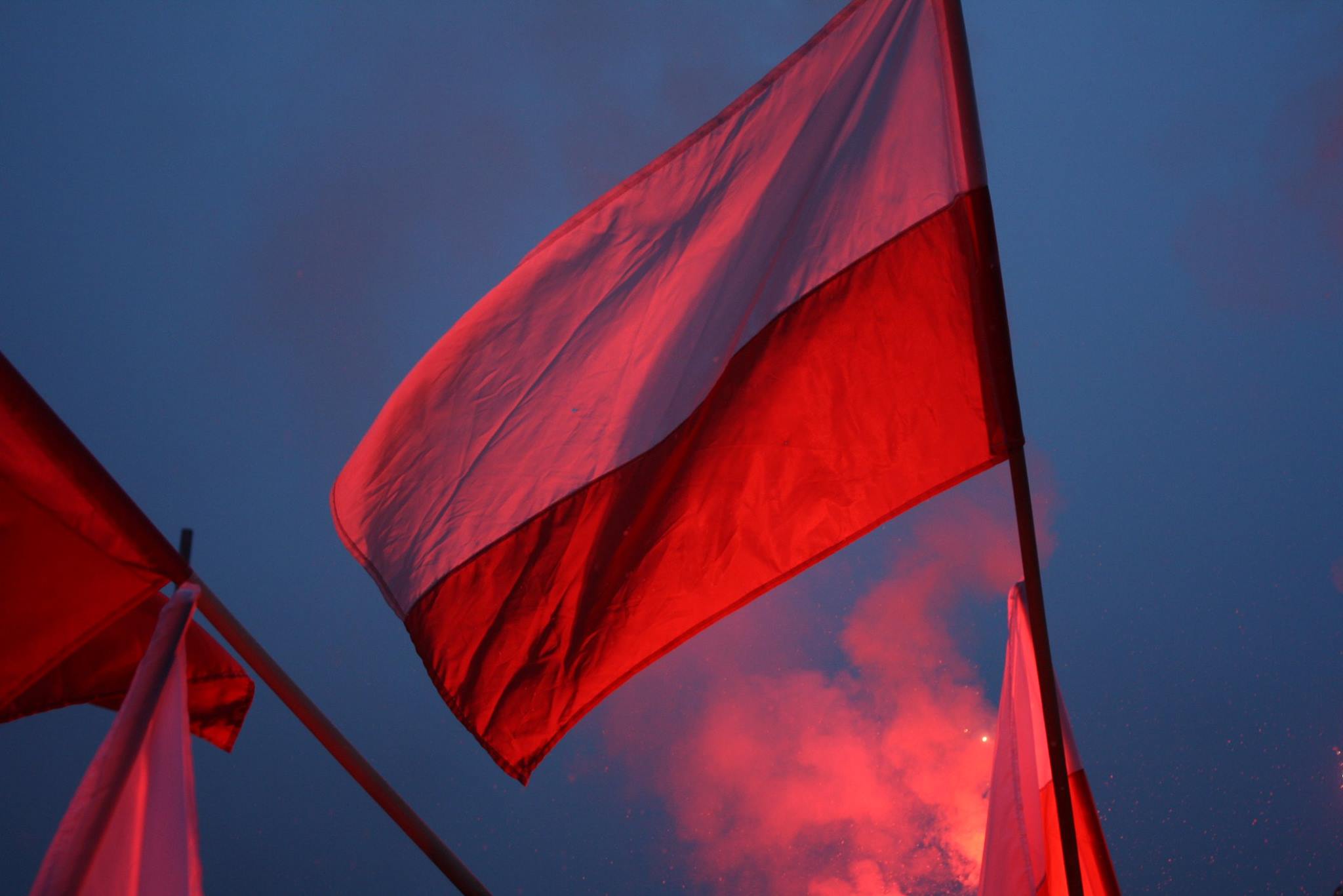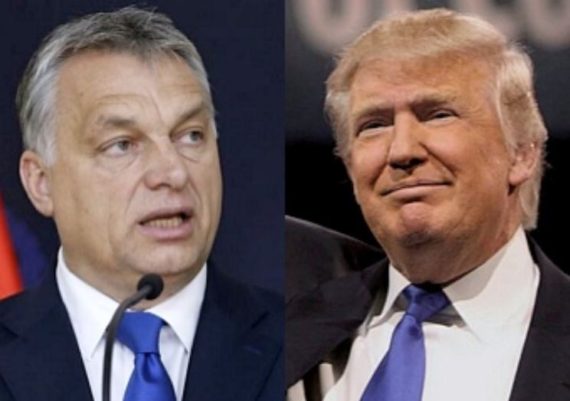We have decided to share Alexandre Latsa’s response to an article in “Do Rzeczy”, a Polish newspaper, on Russian and Polish conservatisms, which can be consulted in French here.
Alexandre Latsa is a Frenchman who lives in Moscow and works as an entrepreneur and analysist. He is the author of “Un printemps russe” and runs the blog “Dissonance: Le Journal d’un Frussien”.
Here is his response:
The excellent Visegrád Post web-site recently published a rather interesting entitled: “What does Moscow believe in? Russian conservatism is not necessarily the same as Western conservatism”.
The article was written by an academic in Human Sciences at the University of Szczecin and was published in a liberal-conservative Polish newspaper.
The author stated that Russia has and continues to promote an imperfect form of conservatism. A hybrid of authoritarian nationalism with a whiff of neo-Communism, the big government and a caricature of Eastern Orthodoxy emptied of all spirituality, with high divorce rates and abortions as proof of the latter. Being that Russia is a country with an Orthodox majority, the article argues that it can’t serve as a model for post-Communist catholic Poland.
The author further affirmed that “individual and libertarian conservatism as practised the Poles, which is a heritage of their aristocracy and lesser nobility, is simply incompatible with rustic Russian conservatism, which is authoritarian and communitarian.”
European conservatisms?
Within the modern “nations” of Western and Eastern Europe (aside perhaps from Hungary), the conservatism movements that have developed are largely superficial (or outdated) conservatisms which convey no real ideological message that would not enable their societies or people to enact profound changes. Therefore, these movements cannot have any real influence on the destiny of their respective countries in the long-term.
In France for example, conservatism doesn’t exist anymore. French conservatives are scattered within different political parties that have little or no power and what is left of the conservative elite has neither the energy nor the capacity of building any sort of new model. In the worst case, they passively await the emerging of another De Gaulle and at best, they seek out new models elsewhere, notably in Russia.
For some Europeans, the model proposed by the Visegrád countries is the one to follow as it is seen as a representation of “how things were” in Europe. Yet it is quite curious to think that countries that have adopted pro-American and pro-EU policies in an historic and civilizational sense would be capable of saving the continent and its peoples. All they need to do is open their doors in Paris, Malmö and Brussels to see what their future will look like. I don’t inclure Viktor Orbán’s Hungary in this group as it is somewhat different but with only 9.8 million inhabitants, that country does not have a sufficient mass to have any influence.
The author also mentioned the deep-rooted Russian issues, such as the high number of divorces and abortions and he is right to do so. However, one has to contextualise this number on the long-term and the signs are good, with a downward tendency appearing. The Russian authorities have also been taking proactive measures to provoke behavioural changes which, whether you like it or not, will not happen overnight.
Speaking of trends, the author also used hostility to homosexuality as some sort of measuring-stick for conservative societies, notably Polish society. But despite having a relatively conservative government, Poland is inevitably changing and heading towards a more liberal society since we can see that, for example, support for gay marriage amongst the Poles increased from 16% in 2010 to 43% in 2017 and then to 45% in 2019. Over the same period, Russians’ support of gay marriage has decreased from 14% in 2010 to 7% in 2019.
In terms of foreign policy, Poland has continued adopting pro-Western and pro-Atlanticist positions. Polish conservatives, as well as their progressive adversaries, have accelerated their country’s positioning within the EU sphere of influence, whose social-democratic and globalist policies are hostile to their philosophies and are leading a war of extermination on them in much the same way that they have done in Western Europe. It is well known that the EU only tolerates nationalism in the Ukraine and Nazism in the Baltic states because these countries are opponents of Poutine’s Russia.
And let us not forget substantial background work done by the Polish elites (of all political inclinations) that has allowed NATO to tighten its hold in Eastern Europe, an organisation whose underlying ideology is far from being in line with the things that matter for conservatives be they Polish, French…. or Russian.
Russia
Russia doesn’t evolve in the same way as European nations. The country has only just emerged from three different totalitarian and destructive periods: The period of absolute monarchy (which tolerated slavery until 1861), the Soviet period which helped forge a new type of man (homo sovieticus) coupled with the destruction of national and religious identities and finally, the Post-Soviet liberal period which, in only a single decade, managed to destroy Russia morally and demographically.
And then, one day: “The state, this huge secret thing of the Russian history, which fell off a cliff and reduced to rubble, started to slowly but surely raise its head once more…For it was the instigator of destiny and this state had chosen Poutine to lead this historical process for Russia. It is not Poutine that built the state, it is the state that builds him.”
Naturally, one should not only speak of Vladimir Poutine who is a mere conductor but of the orchestra as a whole. It has been working for 15 years to build, define and design a new framework. A political framework but not only that.
Dynamic conservatism
The creators of this new Russian conservatism want to transform it into more than just a simple ideology. Indeed, its creators define it themselves as an attempt to go beyond that and create some sort of supra-ideology, which would allow it to surpass existing ideologies, which are judged as being insufficient and futile, and to encompass them.
This new type of conservatism has a name: dynamic conservatism.
This dynamic conservatism must have the ability to renew and reinvent itself endlessly in order to overcome the shortcomings, errors and imperfections of history, without losing its identity and to always have enough energy to resolve unexpected problems, as well as to allow an ever growing easily recognisable feeling of identity to develop in order to permanently reinforce the bonds between all generations.
It is more than just a political project. Russian dynamic conservatism is a genuine civilizational reboot that aims to put in place a new exploitation system for the Russia of tomorrow.
There is also another aspect of this dynamic conservatism that really highlights the difference between Russian conservatives and most other European conservatives: The civilizational role given to technology.
In 2018, the Russian President had already announced the rise of a “new paradigm”, offspring of the digital revolution and destined to modify the development of the state, economy and society: “The speed of technological progress has suddenly accelerated. It is increasing in spectacular fashion. Those that manage to get through this technological wave will go far. Those that fail will be submerged and swept away. As I’ve already said, these changes will affect all civilizations and the scale of these changes calls for a response on par to be able to meet it. We are ready to do that. We are ready for genuine progress.”
Dynamic conservatives of the world: Unite!
In real terms, Russia and Poland are facing a number of common historical challenges, which are bigger than petty bickering.
I believe that the main common challenge concerns demographics. This will in part, if not totally, determine the ability of these countries to continue to exist for another two, three or four generations, that is to say 50 to 100 years.
Today, the demographic crisis that is sweeping Poland, Russia and Europe is THE main common threat. Yet it is Poland, by handing its destiny over to Brussels, that is taking the risk of ending up like other Western European nations.
French conservatives, in their search to find new models, know in their hearts that Gaullism is dead. It is Poutinism that has now the new Gaullism and it is this Russian dynamic conservatism that could become the model to follow, thus providing a potential path to survival in the enormous stakes that Poles and Russians alike will face in the coming century.
Alexandre Latsa (Moscow)




